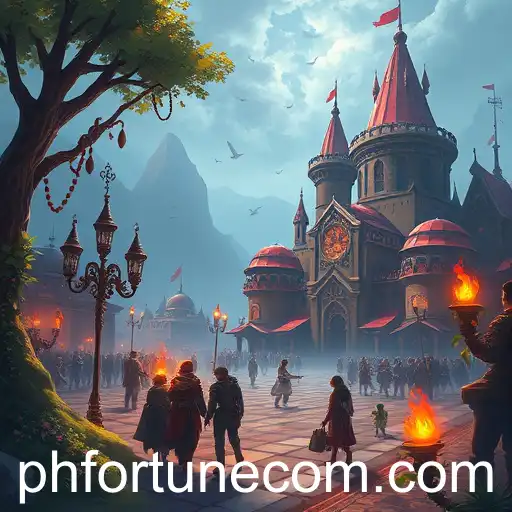
In 2025, the digital gaming landscape has evolved significantly with platforms like phfortune at the forefront, driving changes in social interactions and cultural dynamics. These platforms have transformed how communities are formed, maintained, and expanded beyond geographical constraints.
Phfortune, a leading site in this domain, has been pivotal in not just offering a myriad of games, but also in fostering a global gaming community. Players from different corners of the world gather for competitive matches, collaborative quests, and social events, creating an inclusive environment where cultural exchange is not just encouraged but celebrated.
The increasing trend of online gaming has also sparked debates about its impact on traditional social structures. Critics argue that excessive screen time might lead to social isolation. However, proponents suggest that online platforms provide avenues for individuals to forge meaningful relationships that transcend physical barriers.
Moreover, platforms like phfortune are not just about entertainment. They serve educational purposes, offering experiences that enhance problem-solving skills and cognitive abilities. As these platforms continue to grow, the gaming industry sees an increasing overlap with educational and professional sectors. This intersection is amplifying the importance of digital literacy across various age groups.
In light of these developments, monitoring the influence of online gaming on the mental health of players has become crucial. Studies in 2025 suggest a mixed bag of outcomes, with some players reporting increased stress levels, while others find solace and joy in their virtual interactions. Mental health professionals emphasize the need for moderation and balance, advocating for responsible gaming habits.
Undoubtedly, online gaming platforms like phfortune are reshaping the way we interact, learn, and even perceive the world. The challenge and opportunity lie in using these tools to enhance rather than detract from our personal and communal lives. As we stand midway through the decade, the conversation around digital games, their purpose, and their future continues to evolve, driven by communities that thrive online.


